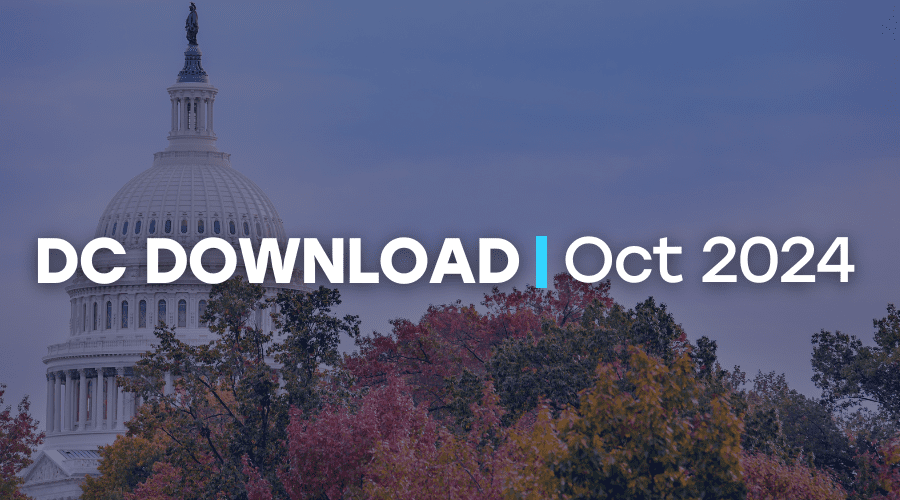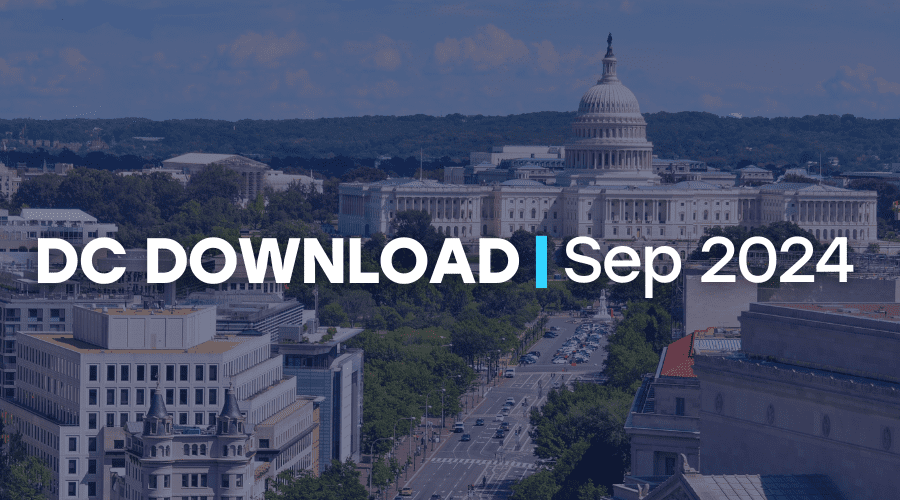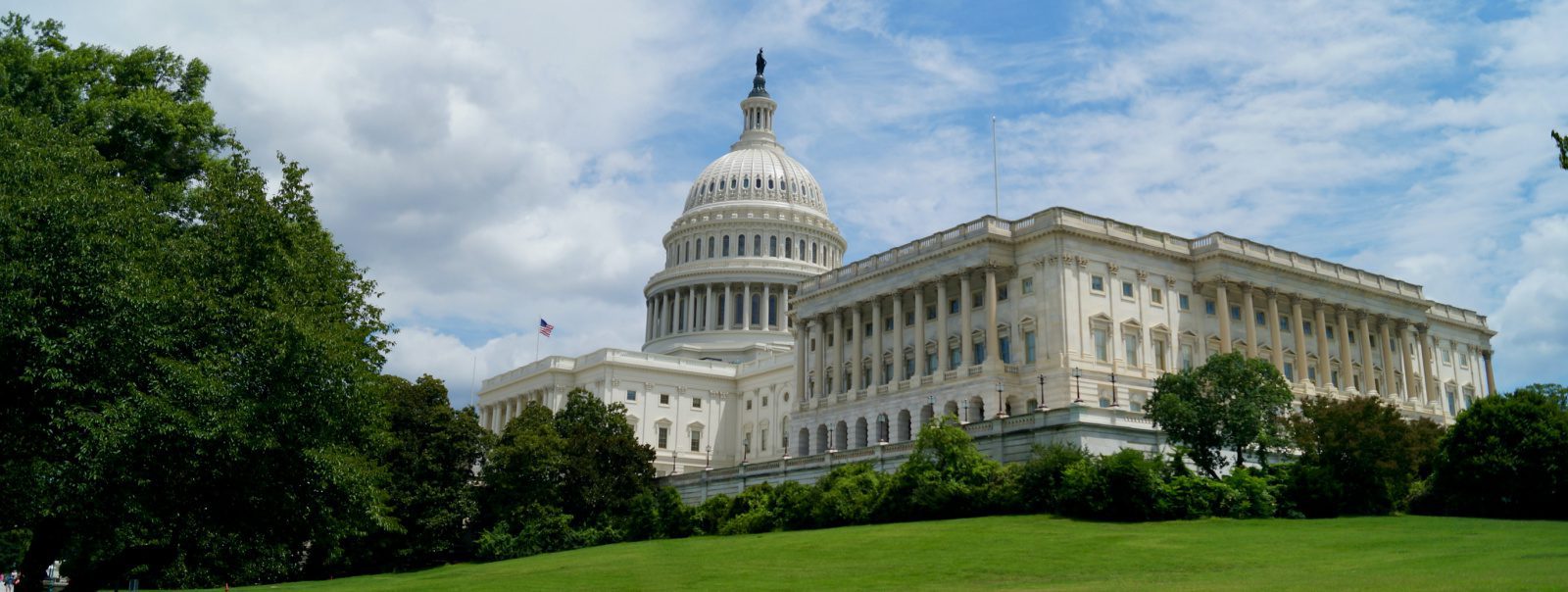What a month March has turned out to be. Washington DC is no exception to the rest of the world. Congress is also practicing social distancing, with many staffers teleworking and talk of passing legislation by unanimous consent to allow lawmakers to avoid gathering. If you have not been following the multiple relief packages Congress has released amid the COVID-19 epidemic, do not panic! Here is a brief overview of the latest legislative issues affecting nonprofits during these challenging times.
Update on COVID-19 emergency relief packages
Congress passed two relief aid packages this month and is expected to pass a third one in the upcoming days. On March 6, Congress approved a $8.3 billion emergency aid package, known as the Coronavirus Preparedness and Response Supplemental Appropriations Act (H.R. 6074), which increased funding for testing of the COVID-19 virus, funded preparedness efforts, and lowered costs for related medical treatments.
On March 18, Congress passed the second relief package, the Families First Coronavirus Response Act (H.R. 6201). This legislation provides affected individuals with paid sick and family leave and creates tax credits for affected employers, expands food and nutrition services, allows for emergency state unemployment insurance grants, and increases Medicaid funding to states. The Joint Committee on Taxation estimates that the package will cost $104 billion. Importantly, these tax credits will also assist nonprofit employers. You can find a summary of that provision and others in the Families First Coronavirus Response Act (H.R. 6201) that are relevant to nonprofit organizations here.
A third relief aid package was released by Senate Republicans last week, the Coronavirus Aid, Relief, and Economic Security Act or the CARES Act (S. 3548). As Independent Sector noted before, negotiations in the Senate have stalled between Republicans and Democrats. The Republican proposal includes limitations on nonprofit eligibility for the Small Business Administration (SBA) loan program. Specifically, nonprofits with over 500 employees and those receiving Medicaid dollars are ineligible.
The Republican proposal also includes an above the line deduction for charitable giving, which has a limit of $300 in deductions and is dramatically insufficient to address the decline in charitable giving that is likely coming as this crisis persists.
House Democrats also released their own version of the package this week, the Take Responsibility for Workers and Families Act this week. This package does not include any provisions on charitable giving to help nonprofit organizations. In contrast to the Republican bill, it permits nonprofits that receive Medicaid funding to be eligible for SBA loans.
As of this writing, an agreement on this package has been announced, but text has not yet been released. Stay tuned for details! In any case, Independent Sector, along with other organizations, is advocating to ensure Congress provides emergency aid to nonprofit organizations by expanding charitable giving and providing organizations with grants, loans, and tax credits. You can also take action now and make your voice heard!
Extension deadline for filing taxes
Amid the COVID-19 epidemic, the Treasury Department and the Internal Revenue Service (IRS) have extended the filing deadline from April 15, 2020 to July 15, 2020. Tax-exempt organizations, with the exception of faith-based organizations and subsidiaries of nonprofit organizations, are required to file annual tax returns with the IRS using the 990 form.
The IRS requires tax-exempt organizations to file the 990 form on the 15th day of the 5th month after the end of the organization’s taxable year.
2020 Census during COVID-19
The 2020 census was launched this month and by now households in the United States have received or are about to receive via mail a paper copy of the 2020 census form. The coronavirus pandemic has forced the U.S. Census Bureau to temporarily suspend all field operations for the 2020 census until April 1. U.S. households, however, can continue to respond to the census on their own — either online at my2020census.gov, over the phone, or by paper form, if they receive one.
The census is critically important because it determines how congressional seats are apportioned, and how state and federal dollars are distributed. Nonprofits and foundations regularly use the census data to better design programs, evaluate our efforts and meet the needs of the populations we serve.



